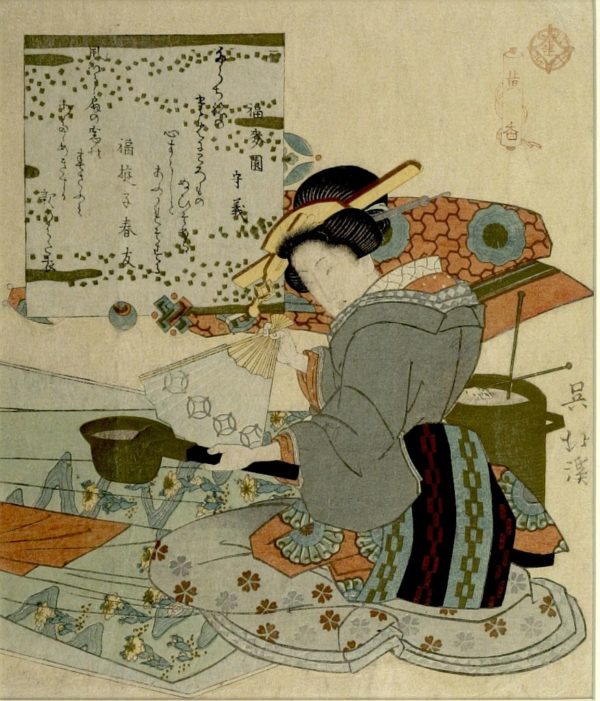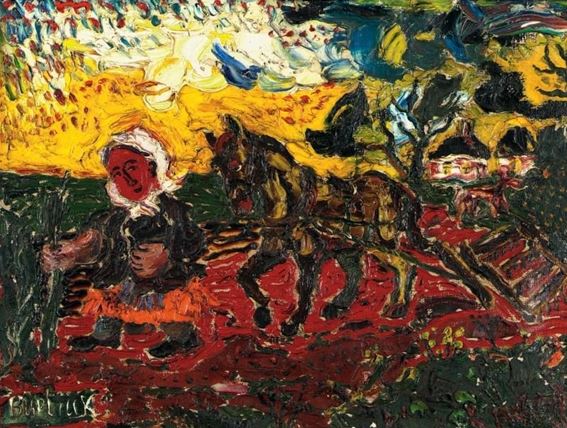Everyone is looking for someone to blame, and therefore aggression and neurosis keep expanding. Instead, pause and look at what’s happening with you. When you hold on so tightly to your view of what they did, you get hooked. Your own self-righteousness causes you to get all worked up and to suffer. So work on cooling that reactivity rather than escalating it. This approach reduces suffering – yours and everyone else’s.
we are what we think
We are what we think, having become what we thought.
Like the wheel that follows the cart-pulling ox,
sorrow follows an evil thought.
We are what we think, having become what we thought.
Like the shadow that never leaves one,
happiness follows a pure thought.
Dhammapada
Klik hier voor de Nederlandse vertaling van deze eerste regels van de Dhammapada – uit het Pali – van De Breet en Janssen.
de rust van de Boeddha
| Mijn rust is de rust van de Boeddha, mijn ziel is peilloos diep; noch golven van vreugde, noch golven van leed kunnen haar bereiken. |
The bottom of my soul has such depth; Neither joy nor the waves of sorrow can reach it |
| Nishida Kitarō |
VN Werelddag van verzet tegen extreme armoede
The very poor tell us over and over again that a human being’s greatest misfortune is not to be hungry or unable to read, or even to be without work. The greatest misfortune of all is to know that you count for nothing, to the point where even your suffering is ignored.
Joseph Wresinski
voor een betere wereld
het lijden van anderen
All suffering comes from the wish for your own happiness.
Perfect Buddhas are born from the thought to help others.
Therefore, exchange your own happiness for the suffering of others –
This is the practice of Bodhisattvas.
the bustle of wordly affairs
There is no greater suffering than to be caught up in the bustle of worldly affairs, there is no greater joy than cultivating the Way with one-pointed mind. The Way is no other than the greatest joy in this world. Abandoning the Way to seek out pleasure is like throwing away food and seeking hunger!
Xinggang
Zhiyuan Xinggang (1597-1657) was a female Linji Zen dharma heir. (meer…)



